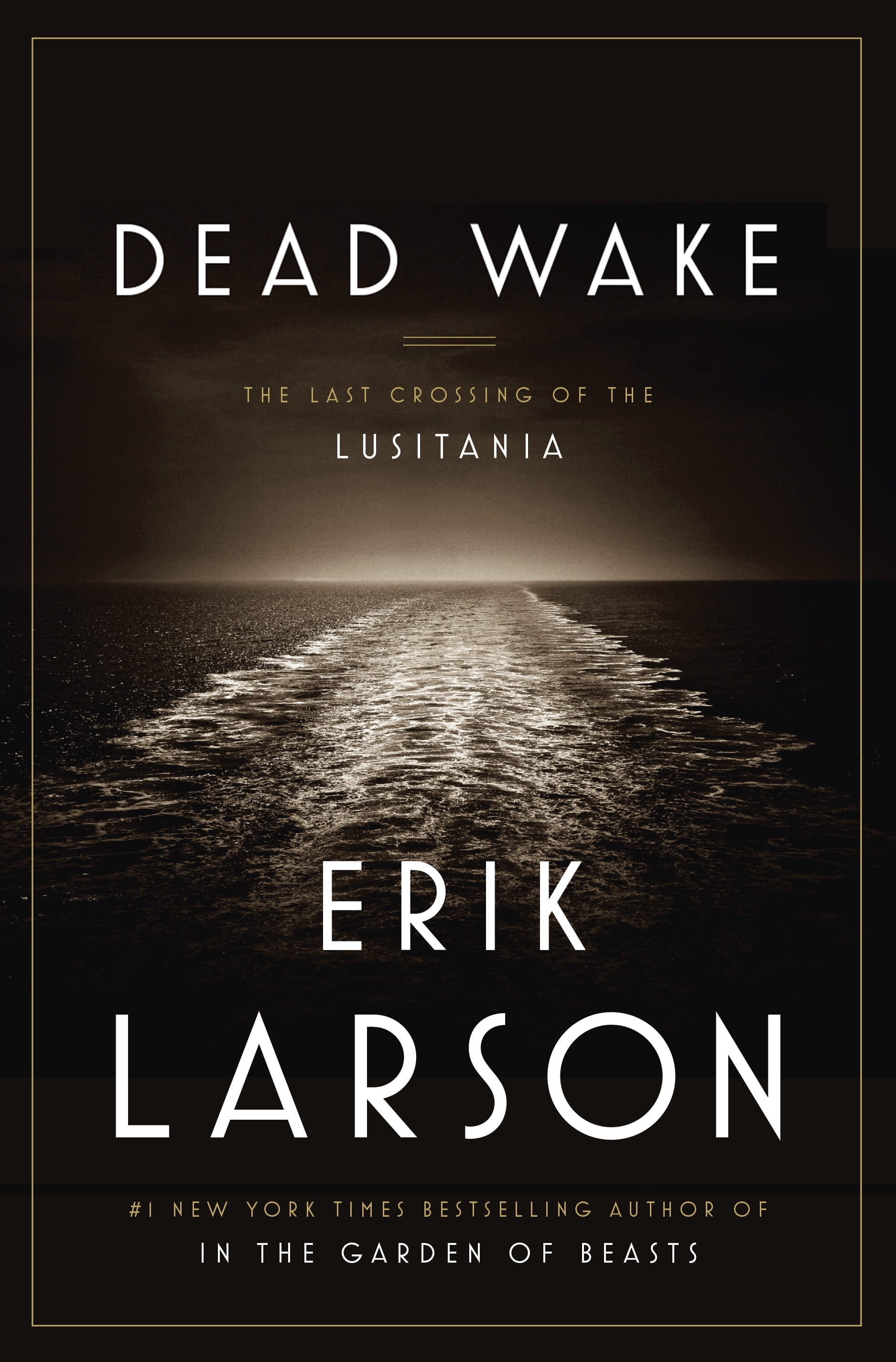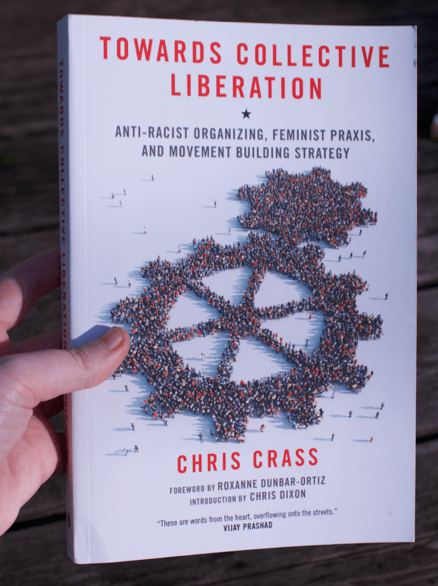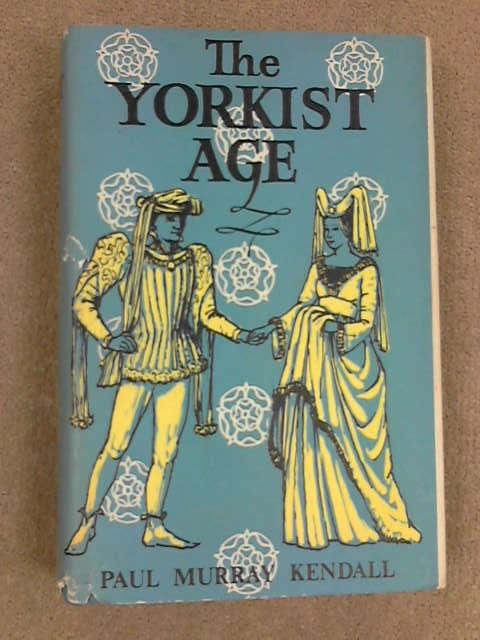Here’s the next installment of summer reading suggestions and discussions from library staff. Got any books piled next to your bed that you’re going to dive into? Tell us in the comments!
 What: Dead Wake; the last crossing of the Lusitania by Erik Lawson.
What: Dead Wake; the last crossing of the Lusitania by Erik Lawson.
Where: On a beach in Hawaii
How: Print
Why: It’s the centennial of World War I and I want to read the latest on why we should “Remember the Lusitania.” Lawson is a terrific writer of narrative non-fiction (Devil in the White City). And I like my disaster stories grounded in reality. Move over, San Andreas.
— Kathy Woo, Librarian Emeritus
 Towards Collective Liberation: Anti-Racist Organizing, Feminist Praxis, and Movement Building Strategy By Criss Crass
Towards Collective Liberation: Anti-Racist Organizing, Feminist Praxis, and Movement Building Strategy By Criss CrassWhat does intersectional, multi-racial organizing look like? Through a collection of reflections and case studies, Criss Crass explores strategies for movement building across race, class, gender, and sexuality.
— Amy Gilgan, Reference Librarian and liaison to the School of Education
 The Yorkist Age: Daily Life during the Wars of the Roses by Paul Murray Kendall
The Yorkist Age: Daily Life during the Wars of the Roses by Paul Murray KendallWell, I’m responding to the call for book reviews no matter how dry and dusty the subject. The book is “The Yorkist Age: Daily Life during the Wars of the Roses” by Paul Murray Kendall (New York: Norton, 1962), a cultural history of 15th century England. This is the century idealized by Shakespeare and then thoroughly romanticized by the Victorians, of knights in armor, the Princes in the Tower, and the villainous Richard III. But aside from the later dramatic exaggerations of the personality and style of these royal figures, their actual power and influence was also less than one would expect, being limited by geographic distances which seem minor to us now (References to the Wars of the Roses are often prefaced with “so called” for this and other reasons). When you add to this the rise of towns, guilds, and mayors, a fascinating picture of daily life emerges from the habits and customs of ordinary people. Interestingly, the people of this age and place, which was to be the focus of so much dramatization, really valued producing plays of their own. According to Kendall, these morality plays were the pride of the towns, and players could be seriously fined for giving a bad performance. Another interesting element of these productions was a sort of paganization of biblical characters, on stage, and also in religious processions. Townsfolk would literally “play God” and audiences would cheer a favorite character, King Herod, who would be judged by how well he played the raging tyrant, jumping from the stage, frothing at the mouth, and banging his head on the cobblestones below. Good times, Fifteenth Century Style!
— Stephen Hall, Library Assistant for Digital Projects
